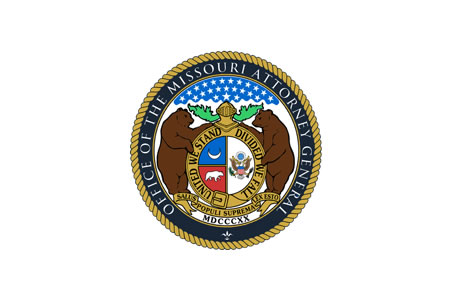
Missouri is the latest state examining possible government action against both kratom and 7-hydroxymitragynine (7-OH) since the Department of Health and Human Services (HHS) and the Food and Drug Administration (FDA) recommended that 7-OH, but not kratom, be placed on the national list of Schedule I controlled substances.
Missouri Attorney General Catherine Hanaway announced on November 20, 2025, that her office would be investigating six kratom manufacturers and distributors with a significant presence in the state.
“We are deeply concerned that Missourians are being sold drug-like substances under the guise of harmless supplements, with no FDA approval, no safety testing, and in some cases no meaningful disclosure of what these products actually contain,” Attorney General Hanaway said in a press release. “Companies that mislead consumers or place them at risk will be held accountable.”
Kratom and its alkaloids or synthetic derivatives are not classified as controlled substances in Missouri, nor are these substances regulated. Several bills attempting to regulate kratom have been considered in the past several years, but all failed to pass. In 2025, HB1037, Missouri’s versions of the Kratom Consumer Protection Act that regulates the sale of kratom products passed the state’s House but died in a Senate committee.
The six companies received “civil investigative demand letters”, essentially subpoenas, as the Attorney General announced the companies are suspected of being in violation of state law. “The CIDs require each company to disclose, among other things detailed information about how their products are manufactured, labeled, and marketed; all ingredients used; any representations regarding safety, health effects, or ‘safe’ dosage levels; communications with consumers about adverse effects; and any materials showing whether the company sold unapproved new drugs in violation of federal or state law,” said the AG’s office in a press release.
The six companies are: CBD Kratom (the largest kratom retailer in the country), Shaman Botanicals LLC (a Kansas City-based company identified as the leading supplier of 7-OH in Missouri), CBD American Shaman LLC (a major 7-OH supplier), Green Dragon LLC (operates several retail shops in Missouri), and two St. Louis area smoke shops: Emporium and Moonlight.
CBD Kratom issued a statement confirming they plan to take the Attorney General’s process seriously. They expressed that they “welcome any opportunity to demonstrate the strength of our safety standards, compliance practices, and long-standing commitment to consumer education”. They also noted that they do not manufacture or sell 7-OH products. CBD Kratom believes the scope of the investigation is “unusually broad” and pointed to the FDA’s distinction between natural kratom and 7-OH.
CBD American Shaman and Shaman Botanicals LLC owner Vince Sanders had previously responded to an FDA warning letter in August. His response included 300 pages of expert testimony and 200 pages of legal opinion, featuring letters from seven experts arguing that the FDA is “completely wrong” based on science and facts. Sanders plans to provide the same information to AG Hanaway. Sanders defends his product, arguing it is superior to most kratom products and should not be removed from the market, stating, “Consumers voted with their dollar”. Despite the FDA warning, the company’s production is currently higher than ever.
The three local smoke shops did not yet publicly respond to AG Hanaway’s investigation, but some shops in Missouri have been reportedly pulling kratom products from the shelves following the November 20 announcement.
